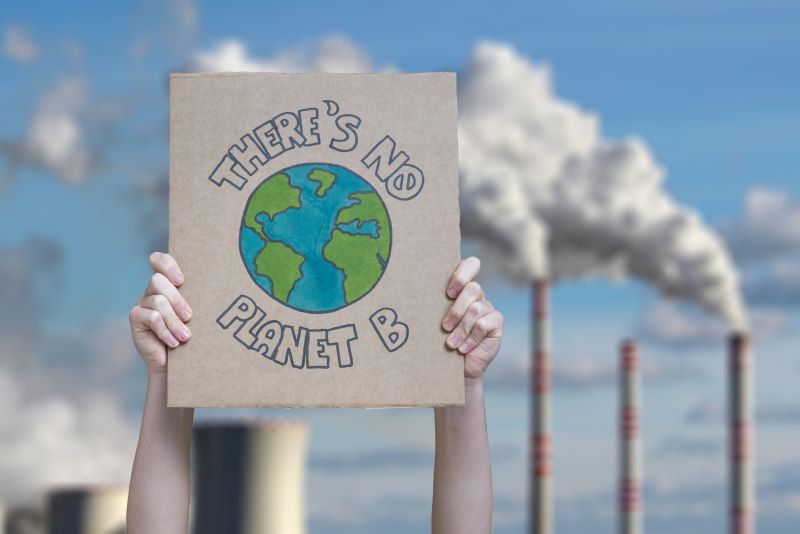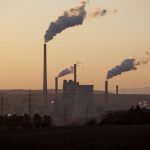IPCC Report 2021: Key Findings and Implications
- Categories:
- Climate Change
- Energy

What were the key findings from the report?
The IPCC report finds that climate change is ‘widespread, rapid and intensifying’ and that “it is unequivocal that human influence has warmed the atmosphere, oceans and land”.
They also state that this warming is “already affecting many weather and climate extremes in every region across the globe”.
If we don’t cut emissions, the 1.5°C limit could be reached in around a decade, and the threshold will most likely be reached by 2040 in all scenarios.
It is clear that we need to drastically cut carbon emissions now if we want to prevent disaster and limit global heating as much as possible.
Here are some of the key points from the report as summarised by BBC News:
- Global surface temperature was 1.09°C higher in the decade between 2011-2020 than between 1850-1900.
- The past five years have been the hottest on record since 1850.
- The recent rate of sea level rise has nearly tripled compared with 1901-1971.
- Human influence is “very likely” (90%) the main driver of the global retreat of glaciers since the 1990s and the decrease in Arctic sea-ice.
- It is “virtually certain” that hot extremes including heatwaves have become more frequent and more intense since the 1950s, while cold events have become less frequent and less severe.
What climate-related challenges will we face in the future?
- Extreme heat will become more frequent – with 1.5°C warming, it is likely to occur 4.1 times every 10 years, with 4°C warming, it is likely to occur 9.4 times every 10 years.
- The intensity of the heatwaves will increase over time if warming continues.
- Under current scenarios, the sea level could rise by 2m by the end of the century and 5m by the end of 2150.
- There will be an increase in extreme rainfall. While this occurred only once every 10 years without human influence, this will occur 1.5 times with 1.5°C warming and 4.7 times with 4°C warming.
A note of hope
While UN Secretary General Antonio Guterres described the findings as “code red for humanity”, many climate scientists and other officials want to make it clear that there is still time to act and there is a thread of hope running through the IPCC report.
While it is clear that we will reach this 1.5°C limit, scientists are hopeful that if we can cut global emissions in half by 2030 and reach net zero by the middle of the century, we can halt and possibly even reverse the temperature rise in the future with some cooling.
António Guterres states: “If we combine forces now, we can avert climate catastrophe. But, as today’s report makes clear, there is no time for delay and no room for excuses. I count on government leaders and all stakeholders to ensure COP26 is a success.”
Collaborative action will be needed from governments across the globe and the main focus needs to be on decarbonising, as carbon dioxide emissions are the main contributor of greenhouse gases. Electric cars and alternatives for heating homes that don’t rely on burning fossil fuels are already being pushed as key focus areas, as well as increasing the use of renewables.
Another key element of global heating is methane emissions. According to the IPCC, around 0.3C of the 1.1C that the world has already warmed by comes from methane.This is where a reformed approach to agriculture and rice cultivation will come into play, as well as slashing emissions from the oil and gas industry.
The key thing is that we need to stop the burning of fossil fuels imminently – there is no opportunity for delay. Countries must scale up existing technologies such as renewable wind and solar power and electric transport.
We must also all hold politicians to account for their actions on climate change. Where governments are still allowing fossil fuel exploration (as with the UK, the US and Canada) then there is a distinct gap between what they are saying and doing which needs to be brought to wider attention.
You can help do this by supporting charities and organisations who petition the government on matters of climate change, including WWF, Oxfam and WaterAid. Here at SearchScene, we donate 95% of our profits to these and other climate-focused charities.










